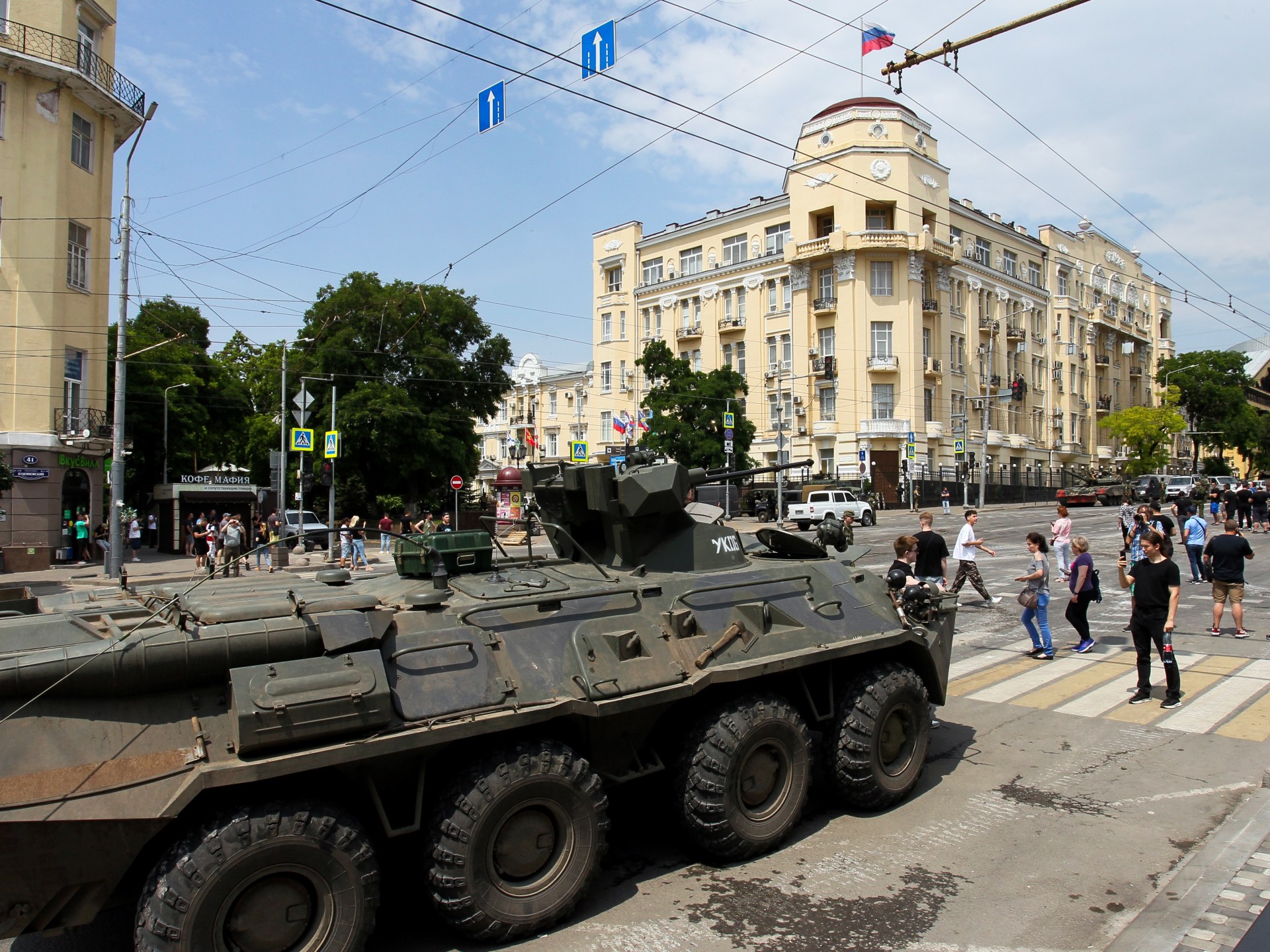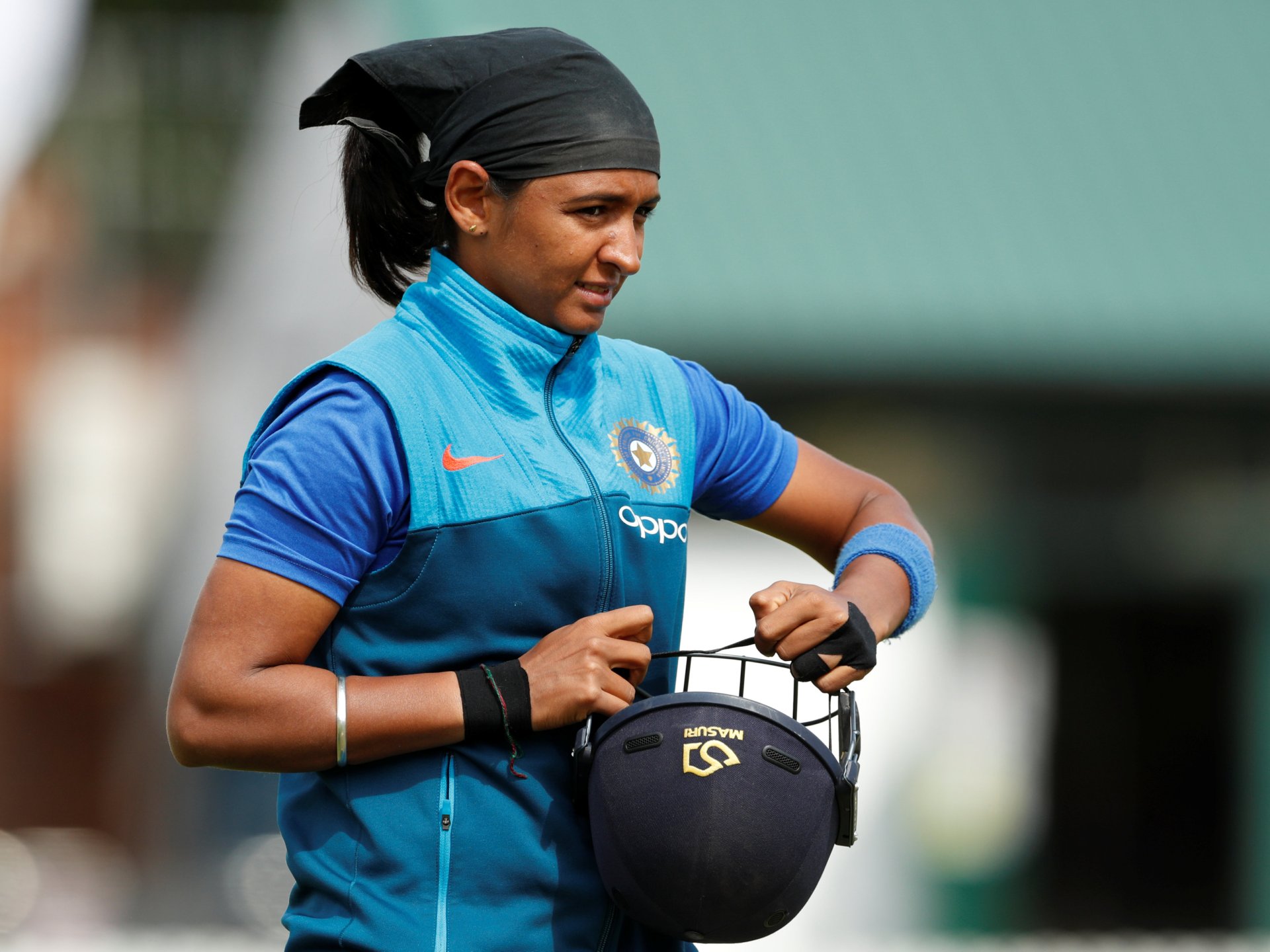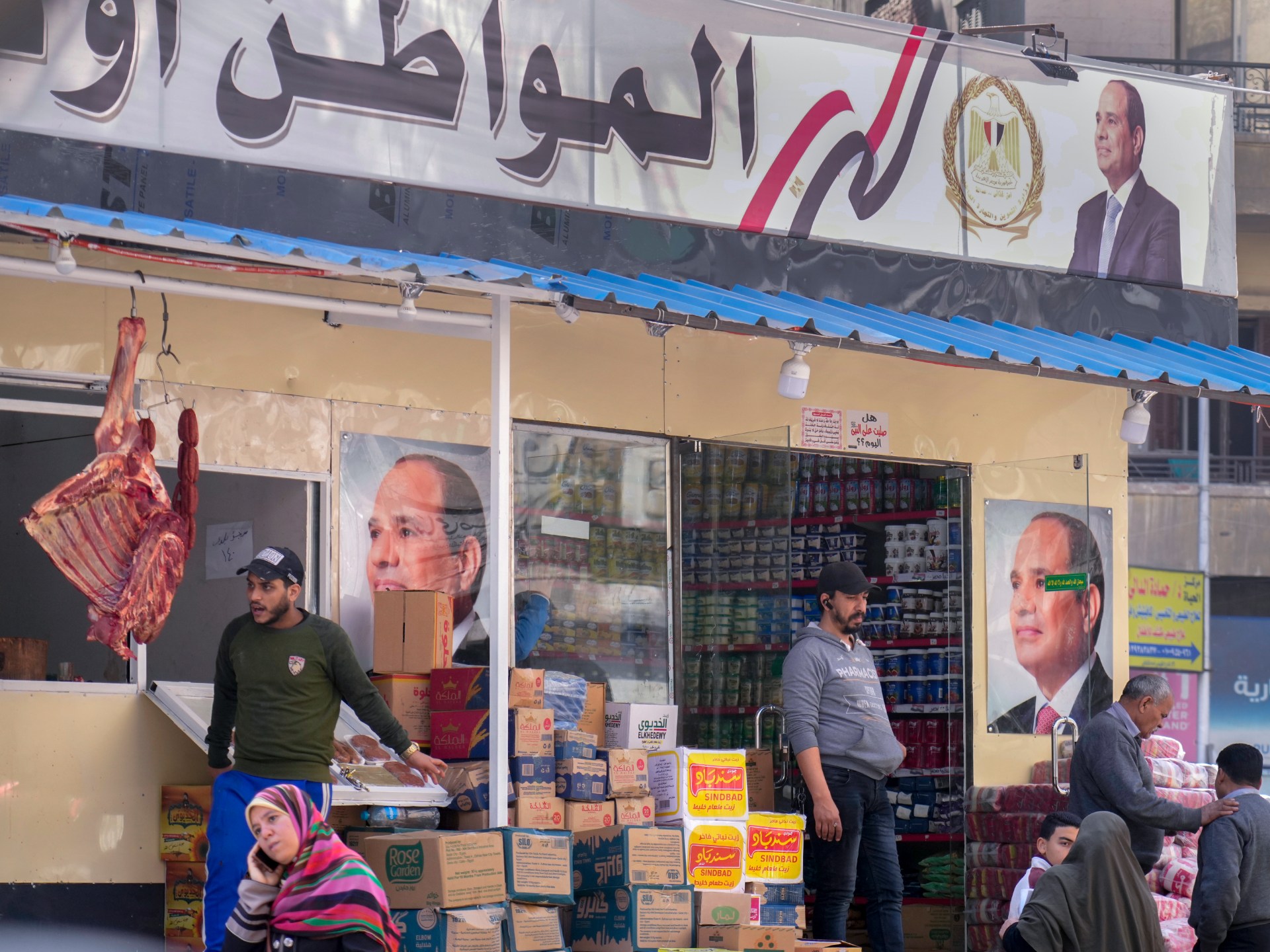
Governments around the world are closely watching the rapidly unfolding events in Russia, where an uprising by Wagner mercenary groups poses the most serious challenge yet to President Vladimir Putin’s long rule.
Wagner chief Yevgeny Prigozhin said on Saturday that his fighters had entered the Russian border town of Rostov-on-Don from Ukraine and taken control of the city’s military installations, including the airport.
In an emergency televised address in Moscow, Putin vowed to crush what he called “armed rebellion” and treason.
Here’s what governments and political institutions are saying about the extraordinary situation unfolding in nuclear-armed Russia:
Ukraine
Ukrainian President Volodymyr Zelensky said the Wagner uprising showed Russia was weak.
“Russia’s weakness is obvious. Full scale vulnerability. And the longer Russia keeps its troops and mercenaries on our land, the more chaos, pain and trouble it will cause itself,” he said in a statement on social media.
“Whoever chooses the evil path destroys himself,” Zelensky wrote on Twitter. “For too long, Russia has used propaganda to cover up its weakness and the stupidity of its government. And now there is so much chaos that no lie can hide it.”
Whoever chooses the evil path destroys himself. He who sends columns of soldiers to destroy the lives of other nations and cannot prevent them from fleeing and betraying life if resisted. Who terrorizes with missiles, and when they are fired, humiliates himself for accepting…
— Volodymyr Zelensky (@ZelenskyUA) June 24, 2023
Ukrainian Foreign Minister Dmytro Kuleba called on the international community to “abandon false neutrality” towards Russia and provide Kiev with all the weapons it needs to expel Moscow’s forces from Ukrainian territory. He posted on Twitter, “Those who said Russia was too strong to lose: look now.
To those who said Russia was too strong to lose: look now. Time to abandon false neutrality and fear of growth; Give Ukraine all the weapons it needs; Forget friendship or business with Russia. Everyone despised the time to end the evil but was too afraid to break it.
— Dmytro Kuleba (@DmytroKuleba) June 24, 2023
“The next 48 hours will determine Russia’s new status,” presidential adviser Mykhailo Podoliak said.
“Either a full-blown civil war, or a negotiated transition of power, or a temporary respite before the next phase of the fall of the Putin regime,” he wrote on Twitter.
United States
US President Joe Biden has been briefed on the situation in Russia and Washington and will “consult with allies and partners on these developments”, National Security Council spokesman Adam Hodge said.
Secretary of State Anthony Blinken said the US would “continue to coordinate closely with allies and partners as the situation continues to develop”.
G7 Foreign Ministers and the EU High Representative for Foreign Affairs and Security Policy spoke today to discuss the ongoing situation in Russia. The United States will remain in close coordination with allies and partners as the situation continues to develop.
— Secretary Anthony Blinken (@SecBlinken) June 24, 2023
UK
British Prime Minister Rishi Sunak called on “all parties to be responsible and protect civilians”.
“We are in contact with our allies as the situation evolves. I will speak to some of them later today and the most important thing is for all parties to behave responsibly,” he told the BBC.
The country’s defense ministry said that “in the coming hours, the loyalty of Russia’s security forces, and in particular the Russian National Guard, will be key to how this crisis plays out.”
“This represents the most important challenge for the Russian state in recent times,” it said.
It added that Wagner troops had “almost certainly” captured key security sites in Rostov-on-Don and that “more Wagner units were moving north through Voronezh Oblast, almost certainly aiming for Moscow”.
“With very limited evidence of fighting between Wagner and Russian security forces, some may have remained passive, acquiescing to Wagner,” it said.
European Union
European Council chief Charles Michel tweeted that the bloc was “closely monitoring the situation in Russia as it unfolds. Contact European leaders and partners @G7.
“This is clearly an internal Russian problem,” he tweeted, adding that “our support for Ukraine” is “unwavering”.
Russia is closely monitoring the situation as it unfolds.
Contact with European leaders and @G7 partner
This is clearly an internal Russian problem.
Our support for Ukraine and @Jelenskiua adamant
— Charles Michel (@CharlesMichel) June 24, 2023
Türkiye
President Recep Tayyip Erdogan said Turkey was ready to help find a “peaceful solution” to the armed rebellion in Russia by phone with its Russian counterpart.
Erdogan “underlined the importance of acting with common sense,” the presidency said in a statement.
“President Erdogan said that we, as Turkey, are ready to do our part for a peaceful resolution of the events in Russia as soon as possible.”
Estonia
“Estonia is closely following developments in the situation in Russia and exchanging information with allies. I can confirm that there is no direct threat to our country. Border security has been strengthened. I also request our people not to travel to any part of Russia,” said Prime Minister Kaja Kallas.
Estonia is closely following developments in the situation in Russia and exchanging information with allies.
I can confirm that there is no direct threat to our country.
Border security has been strengthened. I urge our people not to travel to any part of Russia.
— Kaza Kallas (@kazakallas) June 24, 2023
Lithuania
Lithuanian Foreign Minister Gabrielius Landsbergis said that “Lithuanians have lived on the fringes of Moscow’s brutal tyranny for 100 years, knowing that it is only a matter of time before the next chaos erupts. We are not confused. In the chaos we see clearly. The goal, as always, is victory and justice for Ukraine. The time is now.”
Latvia
“Latvia is closely following the developing situation in Russia and exchanging information with allies. Border security has been strengthened, Russians leaving Russia due to current events will not be considered for visas or border entry. There is no direct threat to Latvia at the moment,” said the Latvian Foreign Minister. Edgars Rinkevics.
Poland
President Andrzej Duda said: “Regarding the situation in Russia, this morning we consulted with the Prime Minister and the Ministry of Defense as well as allies.
“Incidents beyond our eastern border are monitored on an ongoing basis.”
Germany
German Foreign Minister Annalena Bierbock spoke with her counterpart among the Group of Seven industrialized nations, the foreign ministry said in Berlin, with the German government’s crisis team also meeting.
“German citizens in Russia must take advantage of our adapted travel advice,” Bierbock said earlier, adding that the ministry asked travelers to avoid Moscow’s city center.
German Defense Minister Boris Pistorius said it was too early to predict the possible consequences of the armed uprising and what it might mean for the Kremlin’s war on Ukraine.
“It’s hard to assess, especially since we don’t know how destabilized Russia will become and who will ultimately be in control and who will join forces with whom,” he said.
France
French President Emmanuel Macron is “monitoring the situation very closely,” Elysée said. “We are focused on supporting Ukraine.”
Italy
Italian Prime Minister Giorgia Meloni said the events in Russia showed “how aggression against Ukraine is destabilizing Russia as well”, her office said in a statement.
Foreign Minister Antonio Tajani said there was no concern for Italians living in Russia at the moment, but they were “advised to be cautious”.
Czech Republic
“Regarding the ongoing military aggression in Ukraine and the threat of a possible deterioration of the country’s security situation, especially for citizens of EU and NATO countries, our strict warning against travel to the Russian Federation remains in place,” news agency CT quoted Foreign Minister Jan Lipavsky as saying.
Kazakhstan
Kazakh President Kassim-Jomart Tokayev spoke to Putin by phone, Tokayev’s office said, and described events in Russia as his internal affairs and said the rule of law was necessary to maintain order.
Putin briefed Tokayev on the situation and thanked him for the understanding Kazakhstan has shown, the Kazakh president’s office said.
Russian state news agency Tass reported that Putin also spoke with the leaders of Belarus and Uzbekistan.
Belarus
The country’s Security Council said in a statement that Minsk remained an ally of Russia and that internal disputes were “a gift to the collective West”.
Qatar
Qatar expressed concern over the situation in Russia and called on all parties to exercise “maximum restraint”.
“The Ministry of Foreign Affairs warns that tensions between Russia and Ukraine will have negative consequences for international peace and security and affect food and energy supplies,” it said in a statement.
The ministry called for restraint, reason and “protecting civilians from conflict reactions”.
“Tensions between Russia and Ukraine will have a negative impact on international peace and security and food and energy supplies, which are already affected by the Russian-Ukrainian crisis,” the ministry said.
Iran
Iran supports the rule of law in the Russian Federation and considers recent events there to be Russia’s internal affairs, Iranian state media quoted Foreign Ministry spokesman Nasser Kanani as saying.
Canada
Prime Minister Justin Trudeau said Canada’s incident response team will meet to discuss the latest developments in Russia.
“We are in contact with our allies and will continue to monitor the situation closely,” Trudeau wrote on Twitter.




